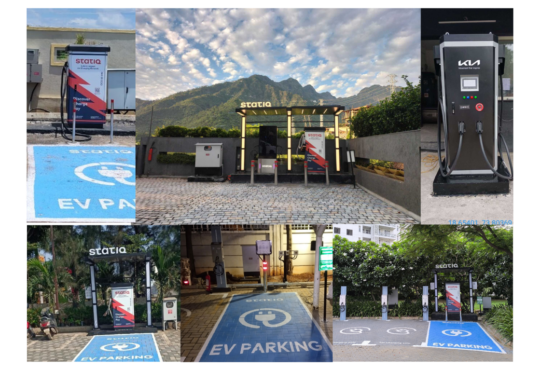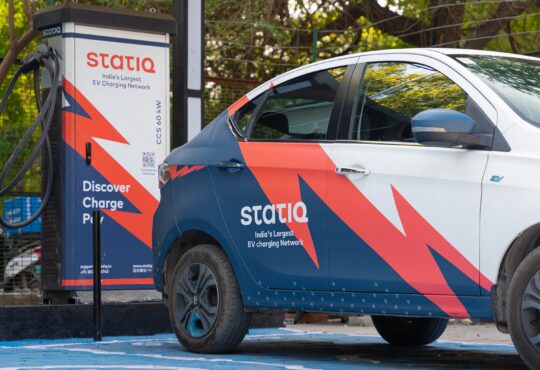
How Do Electric Cars Impact Air Quality?
Electric vehicles (EVs) have gained significant traction due to their zero tailpipe emissions, cost-effectiveness, reduced oil dependence, and smoother noise-free rides. In India, over 15 lakh electric vehicles were sold in 2023. However, the debate around how these sleek, battery-powered cars affect air quality persists. In this blog, we’ll delve into the impact of electric cars on air quality, shedding light on both their advantages and considerations.
Electric Cars Produce Zero Tailpipe Emissions

Traditional internal combustion engine vehicles emit harmful gases like carbon monoxide (CO), nitrogen oxides (NOx), hydrocarbons (HC), and particulate matter (PM), significantly contributing to outdoor air pollution and adverse health effects, particularly in densely populated urban areas with heavy traffic congestion.
On the contrary, electric cars produce zero tailpipe emissions, sparing the atmosphere from NOx, PM, and other harmful compounds responsible for respiratory problems. Thus, driving EVs can notably reduce air pollution, improving air quality and public health.
Renewable Energy – Perfect Synergy

Charging electric cars with electricity generated from renewable energy sources, such as solar or wind power, further enhances their positive environmental impact. Renewable energy-powered EVs help mitigate greenhouse gas emissions through electricity generation plants and foster sustainable transportation.
Reduced Oil Dependency
Electric vehicles reduce dependency on traditional energy sources, lessening the environmental impact associated with oil production, transportation, and spills. Unlike traditional vehicles, electric cars don’t require oil; they run on electricity, which can also be generated from renewable energy sources.
Quieter & More Efficient Transportation

EVs operate more quietly than traditional vehicles, reducing noise pollution in densely populated urban areas. Additionally, electric motors are more energy-efficient than internal combustion engines, leading to lower overall energy consumption and associated environmental impacts.
Factors to Consider for Overall Positive Growth
- Clean Electricity Grids: The environmental benefits of EVs are closely tied to the source of electricity used to charge them. Charging EVs with renewable energy further reduces their overall carbon footprint, mitigating greenhouse gas emissions and air pollution.
- Manufacturing and Battery Production: While manufacturing and battery production emit greenhouse gases, these emissions are often offset during the car’s operational lifetime due to lower emissions during use. As technology advances and production becomes more efficient, the environmental impact of manufacturing EVs is expected to decrease.
- Battery Recycling: Proper recycling and disposal of EV batteries are crucial for minimizing their environmental impact. EV batteries contain valuable materials like lithium, cobalt, and nickel, which can be recovered through recycling programs, reducing the need for new mining and extraction.
Conclusion
Electric cars represent a sustainable and environmentally friendly transportation solution with the potential to significantly improve air quality and reduce the harmful impacts of air pollution on public health and the environment. While the industry is still in its growth stage, continued advancements and support for electric mobility like EV charging stations can pave the way toward a cleaner, healthier, and more sustainable future for generations to come.
Also Read, What Happens When An EV Battery Dies?



